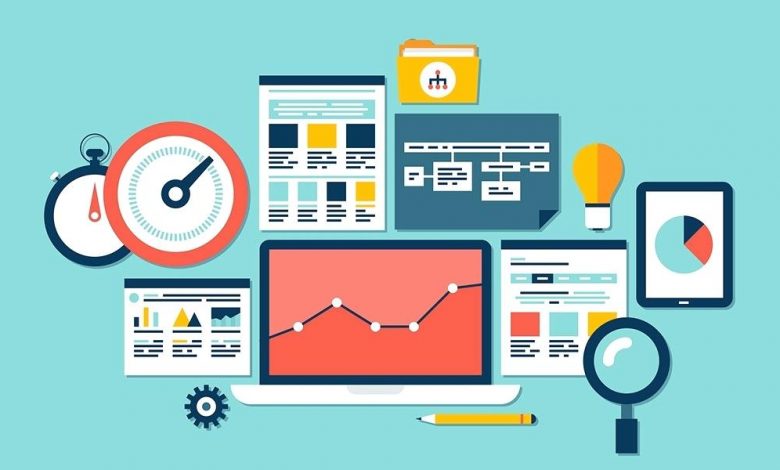Must-Knows About HRMS Systems

After two years of struggle, companies have started adapting to the changing realities lately. We all know that the business world has completely changed, from the way we work to the employees’ expectations. All these transformations were compounded by the Corona pandemic. As a result, the need to respond quickly and intelligently has become so vital.
Today, investing in the right technology is also equally important for companies to act boldly. The HRMS system is one such technology. HR management software has become a necessary technology for businesses at present. البينجو
In this blog, we will discuss the same.
Here’s what we’ll cover:
|
Start exploring.
Why are HRMS systems necessary?
For those who do not know, HRMS stands for Human Resources Management Systems.
HRMS systems support HR departments to carry out their routine processes without any hassle.
It allows HR managers to streamline and optimize every time-consuming process in just a few clicks. This is the reason why HRMS has become a must-have technology today.
What are the benefits of using HR management systems?
Now that you know the importance of HRMS systems, here are the benefits you can acquire by using such systems:
- Saves time for HRs
As we mentioned earlier, HRMS systems take the burden off HR executives’ shoulders.
When we talk about outdated tools/systems, they require lots of human intervention to carry out a process. HRMS software, on the other hand, performs its job with a bare minimum of human intervention.
Be it performance management, performance evaluation or payroll processing, every operation becomes super easy with HRMS.
In simpler terms, HR professionals will have time for other critical business activities.
- Helps Employees
Answering questions of employees and solving their problems takes a lot of time. At the same time, HRs can’t overlook employees and their queries. This is when HRMS systems come into the picture.
HR management software offers employee self-service or ESS features. Such features are particularly designed to empower employees.
ESS features give employees the autonomy to do several things on their own. For example, they can check their attendance, download their pay slips and more. This in turn will keep employees happy and satisfied.
- Saves Money
The best thing about HRMS software is that it saves a large chunk of money.
First thing first, such systems eliminate human errors. Besides, HRMS also avoids non-compliance issues by doing regular compliance checks. بلاك جاك اون لاين
In essence, it helps companies to stay away from hefty penalties and legal consequences, which usually burn a hole in employers’ pockets.
Additionally, employers can also save money by not employing lots of people for every process. Since HRMS completely cuts down manual tasks, companies will not need to hire employees every now and then.
- Offers Flexibility
With businesses swinging like a pendulum between fully remote and hybrid models, it has become necessary to have a flexible system in place.
Fortunately, HRMS systems offer the required flexibility to companies. HR management software can be used anytime, anywhere, using any device.
With HRMS software, employees can mark attendance and HR managers can track the same in just a few seconds.
There are more but we have only discussed the top four benefits of using human resources management systems.
What are the must-have features in HRMS systems?
If you want to acquire the benefits mentioned above, your HRMS systems must have the following features:
- Employee Self-Service
- Direct Deposit
- Mobile Application
- Cloud System
- Seamless Integrations
- Flexible
- Scalable
- Necessary Modules- Attendance, Payroll, Performance Management, etc.
Parting Thoughts
So, we have come to the conclusion that HRMS is an efficient solution to all your HR problems.
Before investing in one such system, first understand your needs. Also, no tech solution can replace human leadership as well as empathy. كازينو الكويت Hence, keep the human touch even if you implement a human resources management system.




